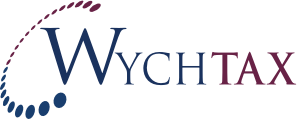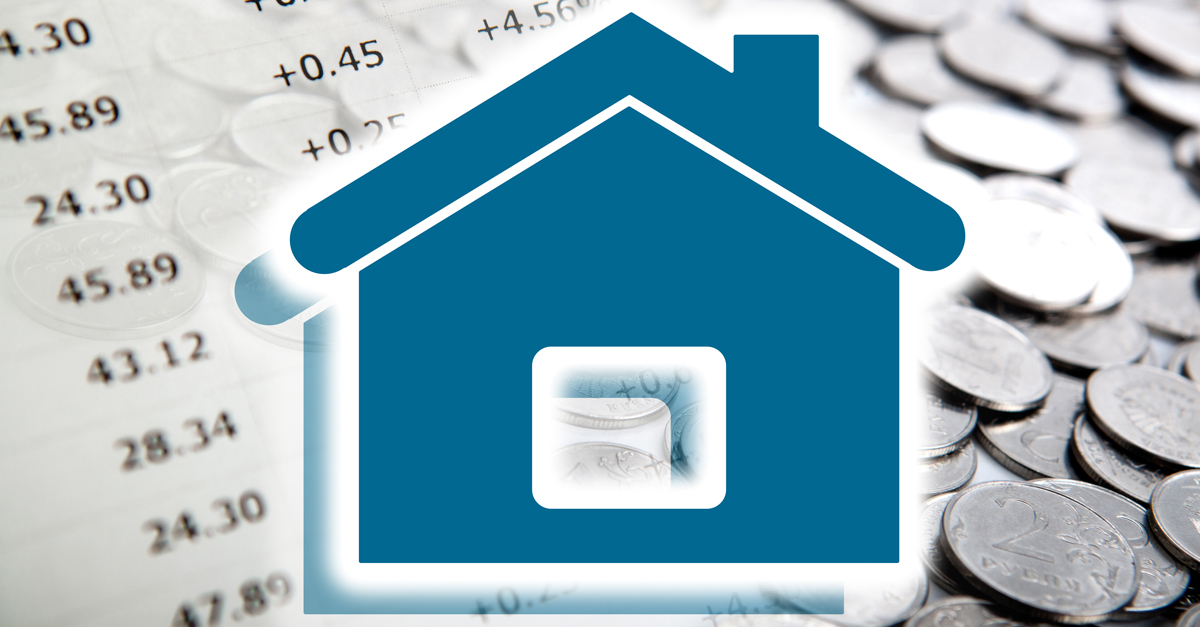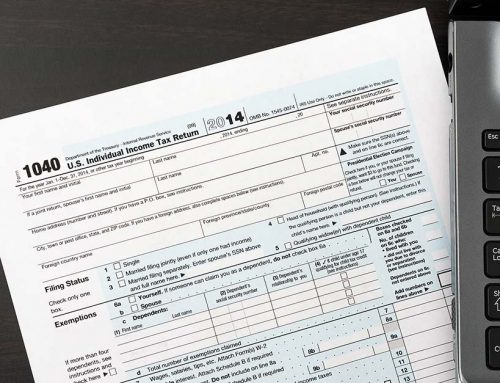People who have owned the same home for many years may not know that the rules regarding taxation of gains and the personal residence exclusion changed in the late 1990s. Prior to that time, there were strict regulations regarding proceeds from the sale of a home. This included having to reinvest the money in the purchase of another, more expensive home within two years.
With changes to the rules implemented in 1997, homeowners now have much greater freedom. What is called “Topic Number 701 – Sale of Your Home” from the IRS says:
If you have a capital gain from the sale of your main home, you may qualify to exclude up to $250,000 of that gain from your income, or up to $500,000 of that gain if you file a joint return with your spouse. Publication 523, Selling Your Home, provides rules and worksheets. Topic No. 409 covers general capital gain and loss information.
Under the heading “Qualifying for the Exclusion,” it goes on to explain:
In general, to qualify for the Section 121 exclusion, you must meet both the ownership test and the use test. You’re eligible for the exclusion if you have owned and used your home as your main home for a period aggregating at least two years out of the five years prior to its date of sale. You can meet the ownership and use tests during different 2-year periods. However, you must meet both tests during the 5-year period ending on the date of the sale. Generally, you’re not eligible for the exclusion if you excluded the gain from the sale of another home during the two-year period prior to the sale of your home.
Crystal Clarity on Taxation and Your Personal Residence
What does all of this mean to you specifically? As your trusted Fort Collins tax accountant, Wych Tax can help you be clear on how any gains you receive from the sale of a personal residence will affect your tax position. Contact us at your convenience.






